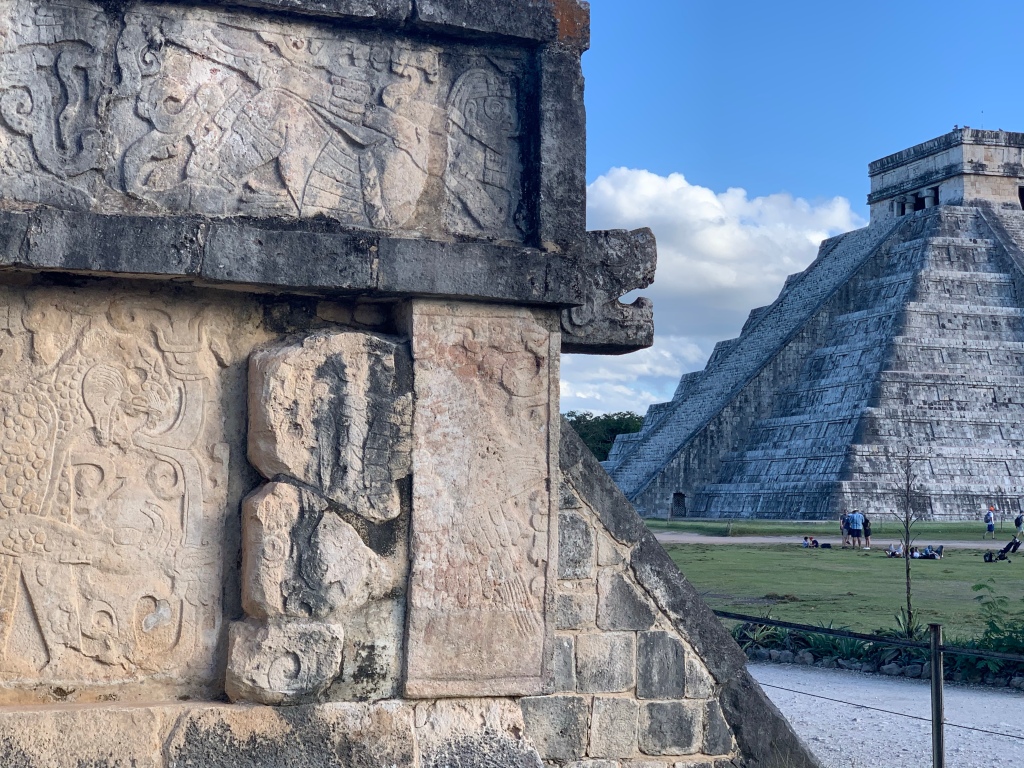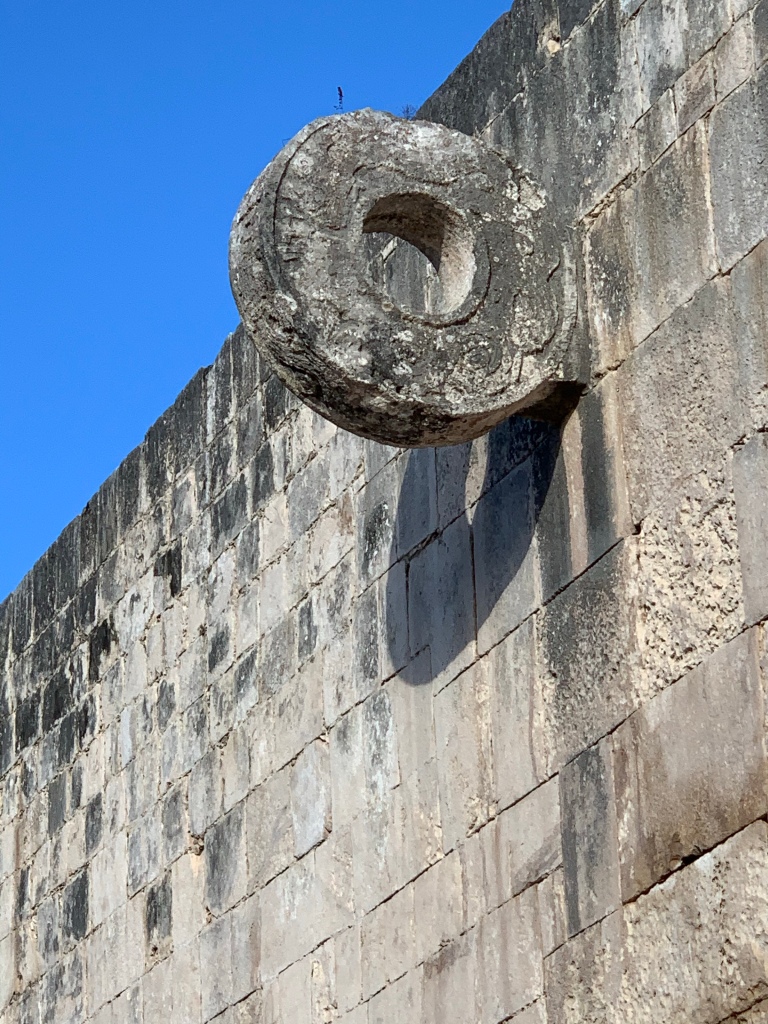Where does the want to explore come from?
I remember a man looking into my eyes and telling me that he sees that I am a viaggiatrice (Italian for voyager). He said it was the color of my bright blue eyes as they look like the ocean and a look that is a desire to discover. I have always wanted to explore but how did he know that?
Is wanderlust something in our DNA or is every child born bursting with wonder?
As I watch children look with wonderment at something new, it seems that their faces light up and their eyes twinkle. Children seem naturally inquisitive. As a former middle and high school teacher, I watched the freedom to wonder become extinguished and replaced with a caring of what school mates might think negatively of a class inquisitor. When did asking questions and wanting to discover new things become “uncool”? As a university professor and colleague, I watch eyes roll as someone in the room asks a question that might keep us in the class or meeting room for an additional few minutes.
Is wanting to explore the unknown something we can develop later in life?
Someone once told me that education is lost on our youth and adult education is the place where inquiring minds find a place to roam. Is the stigma associated with curiosity whittled away to open adults up to learn new things? Are all adults open to new learnings or only some? If some, what is the characteristic or variable that is more likely to open someone to learning something new? With all the social stigma associated with being a curious person and a lover of learning in middle school through college, there are always a few students who don’t seem to care about what the majority believe and grow exponentially. I was once one of those individuals who cared about what others’ thought and stayed outside the margins of academic excellence. For myself, I watched movies, read, painted and created music on the fringe where I would not be noticed. I travelled to distant lands in my mind and did not share that wanderlust with many.
Are we comfortable being in a state of know nothingness?
As I sit and write this blog from Mexico while on vacation, one of the keys to returning to a state of wonder seems to be taking a timeout from our business and life commitments. How can we pause in realtime and make the space to wonder? How can we create a culture of trust where we are not afraid of exposing our vulnerabilities? I originally thought universities were places where professors and students could cooperatively explore new ideas and share in building knowledge together. I clearly see all the hurdles in front of us: 1) students wanting to do the least amount of work to successfully gain credit for the class, 2) students afraid that a free-form class might not end in a grade that would satisfy their future plans, 3) instructors afraid that student evaluations might not reflect the amount of work it truly took to become an expert to guide these open-ended discussions, 4) professors learning that instructors who transmit and duplicate the information that have accumulated over the years receive higher scores because they meet student expectations … and the list could go on. Very few workplaces have cultures that encourage adults to think with childlike wonder. However, the most innovative corporations do and they want new employees who question and lead their teams to new strategies to accomplish their goals.
Can wanderlust be a philosophy of education?
I am finishing this blog as my week vacation in Mexico is coming to a close. I don’t want to return to the same ole, same ole. Hand out the syllabus, give assignments, show some movies, deliver some lectures and deal with the customer service of assignments, grades, and one-on-one conversations about time management and work ethic. I will continue to create my Transformative Educator project outside of the university to share insights, teaching materials, online courses and relevant materials to instructors who want to create transformative courses. However this semester, I will also teach at my university with childlike wonder. I will ask questions and require my students to be equally as inquisitive. I don’t believe my voyage through different places in the world has to be taken by myself and only outside of a classroom. I am no longer that young girl afraid of what others might think of me and I am being very public about both my online project and my wanderlust approach to university teaching. I played it “safe” for 20+ years giving students, peers and the administration the type of instructor they asked for to assure my promotion through the professorial ranks. No longer. Wanderlust IS my new philosophy of education.
Are you going to wait until your last few years of teaching to be authentically “you”?
http://www.thetransformativeeducator.com



